Smart Shift Summit 2017
Realizing Opportunities & Adapting to Climate Change Naturally
Roxanne MacKinnon & Yvonne Reeves
On March 27 – 28, the New Brunswick Environmental Network (NBEN) held a two-day climate change summit in Moncton. ACAP staff were fortunate to be able to attend this summit that drew in over 300 people from different disciplines – NGO’s, government (Federal, provincial and municipal), businesses, farmers, woodlot owners, scientists, and the general public were all present. Day one began with introductions from Dawn Arnold, the mayor of Moncton and the Hon. Dominic LeBlanc, minister of Fisheries, Oceans and the Canadian Coast Guard, followed by a multisectoral panel discussion. The rest of the day was a whirlwind of climate change discussions with over 60 presentations to choose from and a Keynote from Hon. Roger Melanson, Chair of the Treasury Board. Day two was set-up like a workshop with presentations grouped by topic and lots of breaks to network and ask questions. If you are interested in what we attended, see the list at the end of the blog.
We connected with people working on a broad variety of projects that will help our province move forward on mitigating greenhouse gas emissions, understanding impacts on our natural, managed, and built environments, and adapting to future changes in our region. This sharing of information, experiences, and ideas really helped us to feel connected to the issue and many of the people working towards solutions in our communities. From government to grassroots, innovative ideas are being tested and shared to increase our resilience. We trust that this event will ripple out into further innovation and partnerships across our region and help to inform decision making going forward. Our climate impacts every aspect of our lives - our environment, culture, society, economy, and our shared experiences.
One of the most notable themes coming from this summit was the importance of community involvement within these projects. Whether it is talking with neighbours about controlling bank erosion along a stream, protecting dune systems along the coast, increasing tree species diversity in woodlots, backyards, and urban forests, or developing an adaptation plan for a municipality, community input is valuable and helps drive the implementation and success of any climate change project.
Please get in touch with us if you’d like to learn more about the summit or any of the sessions listed below. We’re happy to discuss what we heard and pass along any materials we acquired.
Day One:
Talking about climate change with New Brunswickers - Dr. Lousie Comeau, Conservation Council of NB
Cost-benefit analysis of adaptation options - Jeff Wilson, Green Analytics
Naturalized stormwater management guidelines - Elaine Aucoin, City of Moncton
Using local climate data to plan for adaptation in your sector - Prativa Pradhan, NB Environment and Local Government
Connecting with social organizations to strengthen climate action - Joanna Brown, Westmorland Albert Community Inclusion Network Co-operative
FCM’s new Municipalities for Climate Innovation Program - Guillaume Couillard, Federation of Canadian Municipalities
Using flood mapping to identify risks - James Bornemann, Southeast Regional Service Commission
NB Power’s Integrated Resource Plan - Mike Bourque, NB Power
Cap and trade for woodlots in NB - Dale Prest, Community Forest International
Linking local food, healthy environments and people - Dr. Kathleen Kevany, Dalhousie University
Forest carbon Inventory and accounting - Dr. Chris Hennigar, NB Department of Energy and Resource Development
Slowing down water and controlling erosion - Michel Grėgoire, Organisme de bassin versant du fleuve Saint-Jean
Impact of climate change on NB’s future forests - Dr. Anthony Taylor, Natural Resources Canada
Day Two:
Climate change adaptation: Why work with nature? - Michel Grėgroire, Organisme du bassin versant du fleuve St-Jean
Economics of working with nature: Accounting for natural capital in Ontario’s Greenbelt - Jeff Wilson, Green Analytics
Inland flood risks: Future scenarios - Dr. Anne-Marie Laroche, Université de Moncton
Enhancing Rivers: A Green Win-Win Approaching - Ben Whalen, Kennebecasis Watershed Restoration Committee
Naturalized Stormwater Ponds: Water Storage and More - Wade Lewis, Ducks Unlimited Canada
Reducing run-off with rain gardens - Amanda Marlin, EOS Eco-Energy
Urban forests: Creating resilient cities - James Steenberg, Dalhousie University
Dune restoration: Managing coastal erosion - Robert Capozi, NB Department of Environment and Local Government & Rémi Donelle, Shediac Bay Watershed Association
Connecting habitat: Wildlife corridors and ecosystem services - Serge LeRochelle, Groupe de développement durable de Pays de Cocagne
Incorporating nature into municipal decision making - Robert Hughes, Town of Stratford, PEI
Blue zone: Using land-use planning to respond to flood risk - Sébastien Doiron, James Bornemann & Melanie Jellet, Southeast Regional Service Commission
